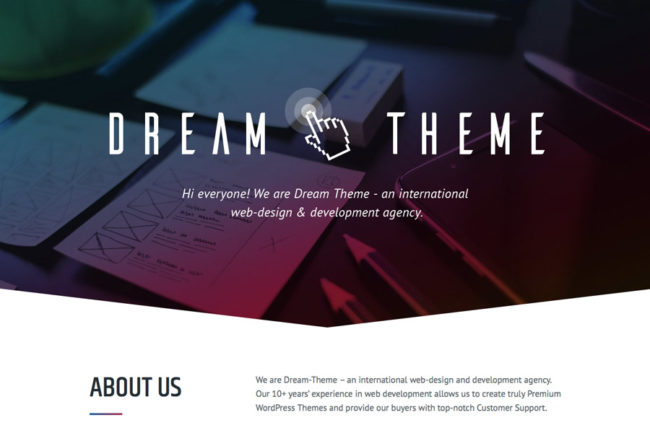


It is technically possible for an RMN to work as a General Nurse, but normally RMNs don’t meet the job specifications for general nursing positions.Įlderly wards will occasionally make an exception, but it’s relatively uncommon. Whatever your route into the industry is, you’ll need to be an incredibly strong-minded, patient and emotionally resilient person to succeed in this career. Typically, courses include spending at least 50% of your time working in a clinical practice.Īpprenticeships are sometimes available too, as is part-time study. Three year nursing degree courses are available at universities throughout the UK. To become an RMN you need to be registered with the Nursing & Midwifery Council (NMC), which requires you to complete a nursing degree. Within the community, a more structured 9-5 pattern is the norm.īut working hours and structure can vary between the public and private sector. Hospital-based NHS RMN jobs operate on a shift pattern, and it’s likely you will work some overnight shifts.

You can work with particular groups, such as children or older people or within a specific field, such as substance abuse and addiction.

This can involve everything from assessing their conditions and recommending treatments to helping them build a positive and secure life. "you’ll need to be an incredibly strong-minded, patient and emotionally resilient person to succeed in this career"Īs a Registered Mental Health Nurse (RMN), you’ll help patients living with mental health issues. This paper is concerned with the responses from the Psychnurse questionnaire and a number of specific questions related to coping on the demographic questionnaire which include questions such as: (i) how many cigarettes do you smoke each day (ii) how much alcohol do you consume in an average week (iii) how would you describe the attitude of your line manager (iv) can you discuss any problems you have at work with one of your colleagues and (v) do you feel you have job security in your present job?. Briefly, the questionnaire booklet comprised a demographic questionnaire, the General Health Questionnaire, GHQ-12 (Goldberg & Williams, 1988), the Maslach Burnout Inventory, (Maslach et al., 1996), the modified Rosenberg Self- Esteem Scale (Wycherley, 1987), the CPN Stress Questionnaire (revised) ( Brown et al., 1995), and the PsychNurse Coping Questionnaire (McElfatrick et al., 2000). Detailed descriptions of the methodology and analysis of the items included in the questionnaire are reported elsewhere (Hannigan et al., 2000 Fothergill et al., 2000).


 0 kommentar(er)
0 kommentar(er)
